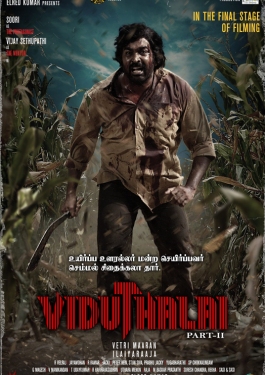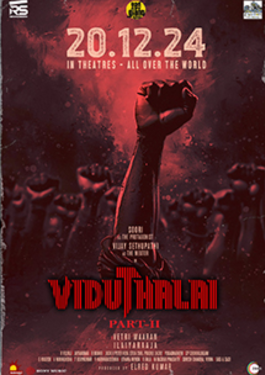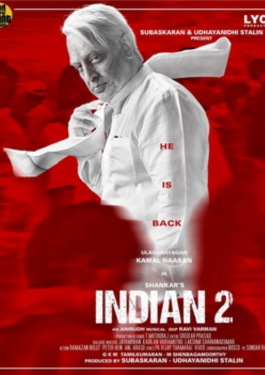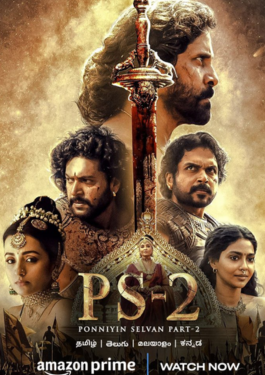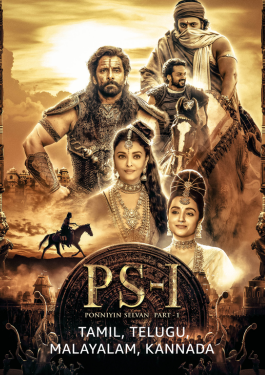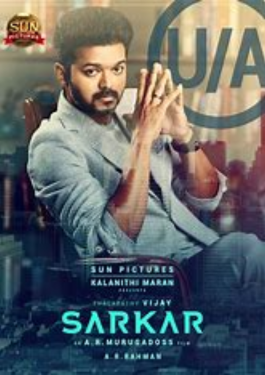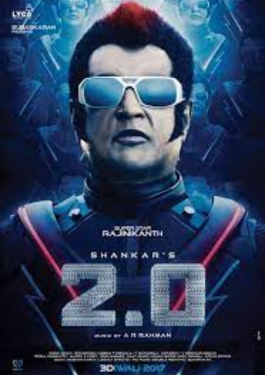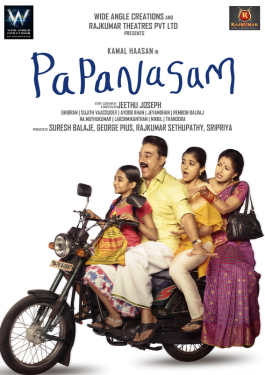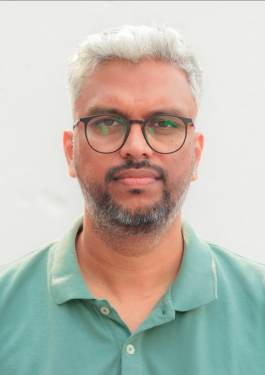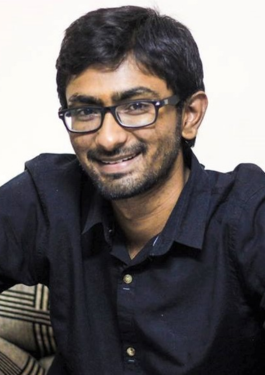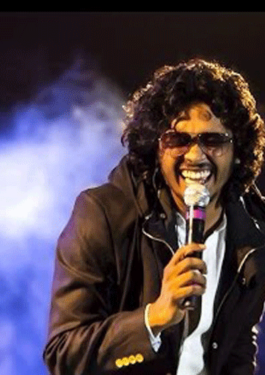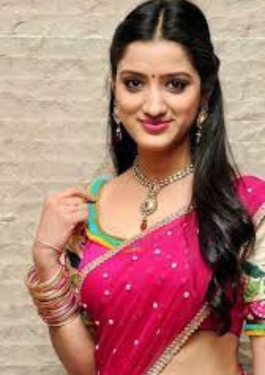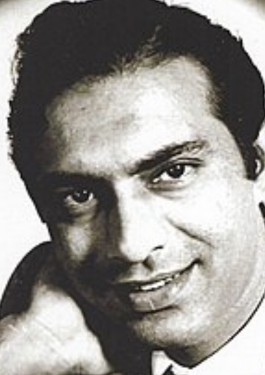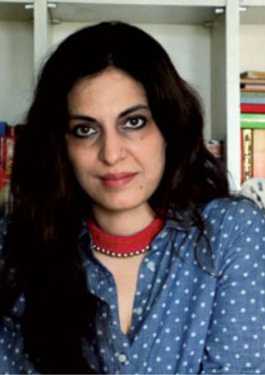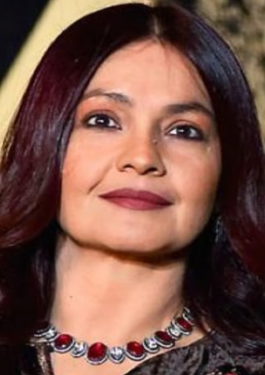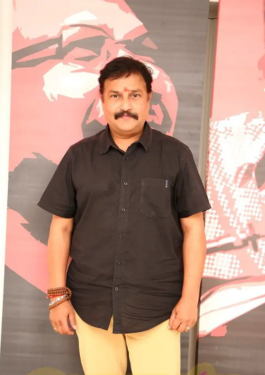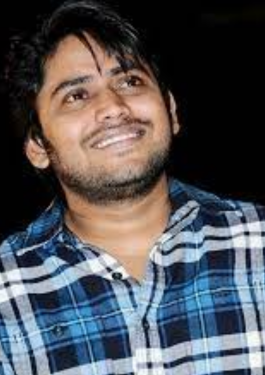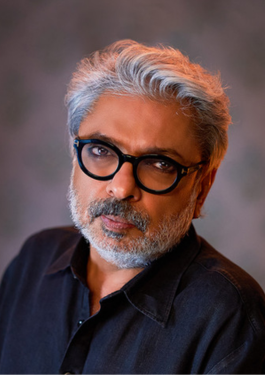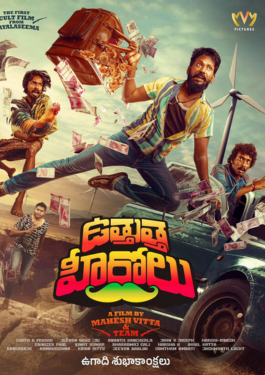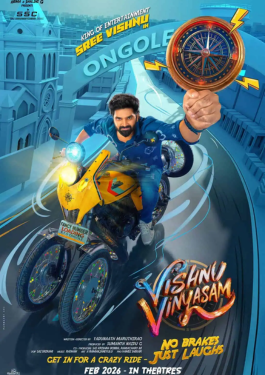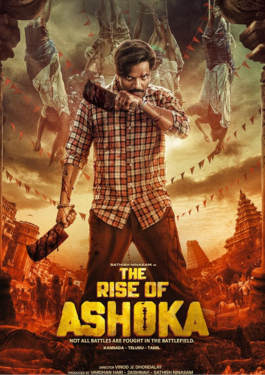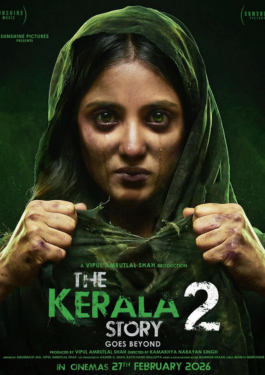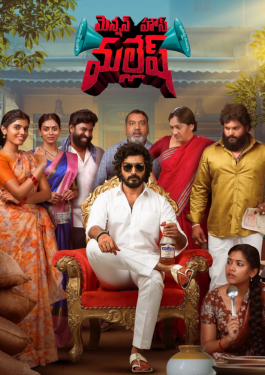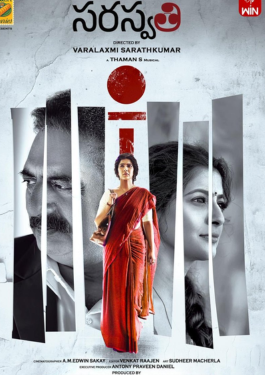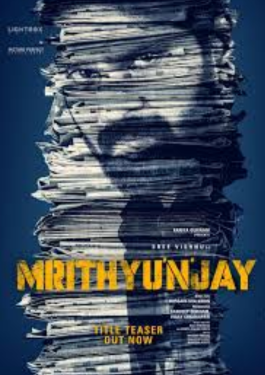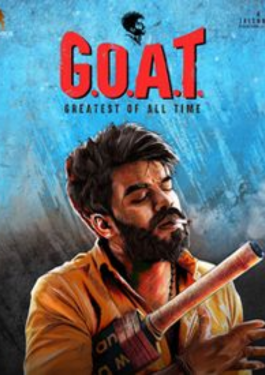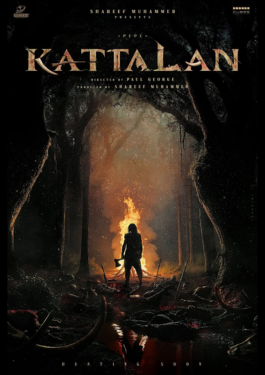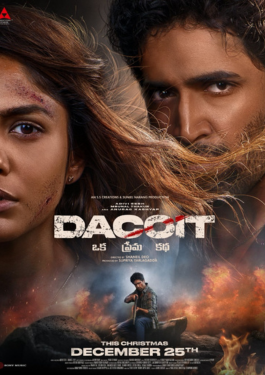- July 20, 2023 / 12:14 PM ISTByFilmy Focus
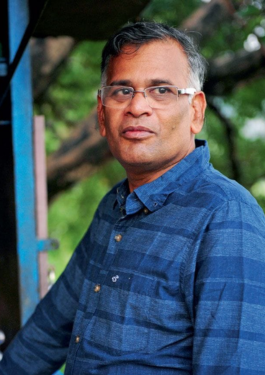
B. Jeyamohan
Biography:
Early Life:
Jeyamohan was born on April 22, 1962, to S. Bahuleyan Pillai and B. Visalakshi Amma in Thiruvarambu, Kanyakumari District, Tamil Nadu. Bahuleyan Pillai worked as an accounts clerk for the registrar of Arumanai. Originally from a trade unionist family, Visalakshi Amma. A younger sister and an older brother made up Jeyamohan’s family. When Bahuleyan relocated for the job to the Kanyakumari district towns of Thiruvattar and Arumanai, his family followed him everywhere.
Jeyamohan was encouraged to start writing by his mother at a very young age. In a children’s magazine called Ratnabala, Jeyamohan had his first appearance while still in school. This was followed by numerous further appearances in well-known weeklies. Jeyamohan’s father pushed him to major in business and accounting in college after high school. He left college and began travelling the country frequently in quest of physical and spiritual experiences when a close buddy committed suicide. He read voraciously while working odd jobs and contributing to pulp magazines to support himself. He accepted a temporary position at Kasargode’s Telephones Department, where he grew close to Leftist trade union groups.
Film Career:
Jeyamohan’s encounter with Guru Nitya Chaitanya Yati in 1993 was a significant turning point in his spiritual journey. The discussions with the Guru provided fresh perspectives on the body of Indian thinking, which culminated in his highly regarded 1997 work Vishnupuram. Travelling and seeing regional crises, droughts, and political factors that underlie problems like Naxalism in tribal communities firsthand, Jeyamohan. He was persuaded by his experiences that Gandhian ideals of non-violence and peacemaking remain a viable alternative to unrestrained capitalism and militant socialism. Following a decade of reflection on the nature of power and self-righteousness, the leftist in him was grieved by the fall of the Soviet Union in 1991. In 1999, Pin Thodarum Nizhalin Kural was the result of this reflection.
With Kaadu (2003), a study of the forest landscape as a metaphor for passion and the vitality of life, Jeyamohan pioneered a new territory after 2000. The retelling of the Kannagi epic, Kotravai (2005), was hailed by the author and critics as his most structured and in-depth work to date.
Solputhithu was a literary periodical that Jeyamohan and his pals edited from 1998 to 2004. To increase the readership for serious writing in Tamil Nadu and to honour underappreciated pioneers of Tamil literature, his reading group established the “Vishnupuram Ilakkiya Vattam” in 2009. Jeyamohan wrote a collection of short stories titled “Aram” when he turned 50, exploring the ideals and qualities that are attainable in a man. Jeyamohan started composing Venmurasu, a retelling of the Mahabharata, in 2014. Parallel to this, Jeyamohan has been one of the most prominent literary theorists and critics of contemporary Tamil literature. He is respected among critics like Vedasagayakumar thanks to his 30 books of critique and anthologies.
More Details
| Name | B. Jeyamohan |
|---|---|
| Also Known as | B. Jeyamohan |
| Date of Birth | 22/04/1962 |
| Current Residence | Chennai,Tamilnadu. |
| Religion | Hinduism |
| Hobbies | Reading, Writing |
| Father | S. Bahuleyan Pillai |
| Mother | B. Visalakshi Amma |
| Sibling | Elder Brother and Younger Sister |
| Spouse | Arunmozhi Nangai |
| Children | Ajithan, Chaitanya |
| Educational Qualification | Degree in Commerce and Accountancy |
| Debut Movies | |
|---|---|
| Language | Movie Name |
| Awards List | ||||
|---|---|---|---|---|
| Year | Award | Category | Movie Name | |

